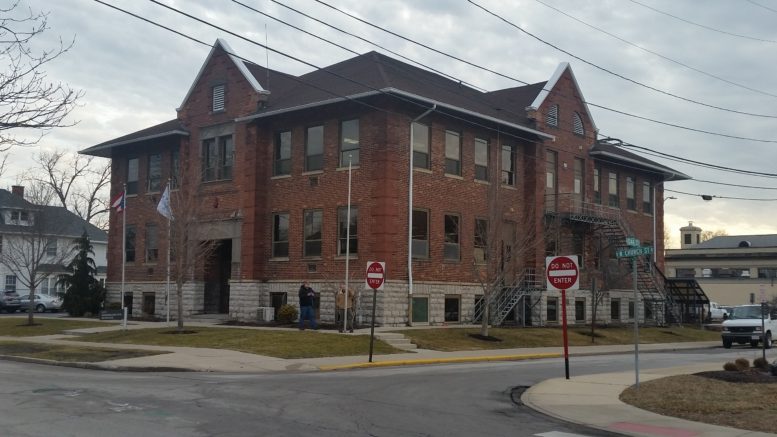By JAN LARSON McLAUGHLIN
BG Independent News
Bowling Green has used just over $700,000 in grant funding to help local residents make housing repairs, pay for housing for homeless, and help those most in need with transportation.
The funds, from the Community Development Block Grant program, are used by the city to help low and moderate income citizens who lack adequate housing and transportation.
“The value is remarkable,” said Tina Bradley, the city’s grants administrator. For example, earlier this month, the program helped install a furnace in a home where the old furnace broke down right before winter hit.
“A family who would have been without heat, we were able to meet that need,” Bradley said.
In the past year, the CDBG program, assisted by the Business Revolving Loan Fund, assisted low and moderate income families by using $701,640 to pay for:
- 17 housing repairs.
- 84 more adults (elderly and disabled) were issued B.G. Transit ID cards, providing them with access to half-priced fares.
- 129 people who were homeless were transitionally housed.
- 7 jobs were created/retained as a result of Business Revolving Loans.
- Fair Housing education and outreach.
Bradley explained that the housing repairs include items that involve health and safety issues, for families of low and moderate incomes.
The transit cards help elderly and people with disabilities to get to destinations such as grocery stores, medical appointments and social events.
The transitional housing is provided by partnering with the Salvation Army. “They do most of the heavy lifting,” Bradley said, by working to arrange up to two weeks lodging at local hotels. During that period, the people are hooked up services such as Wood County Department of Job and Family Services to help with job and home searches.
The transitional housing requests are often greater than the funds available, Bradley said.
“We always exceed that number. There’s tremendous need,” Bradley said. “We plan to keep doing it.”
The Business Revolving Loan Funds require participating businesses to create or retain one job for every $50,000 loan. The jobs employ people of low and moderate income.
“Sometimes they create even more than that,” Bradley said of the jobs program.
Fair housing education and outreach is also part of the CDBG program. “We are the point people over here if someone has a concern that is fair housing,” she said.
Unlike other communities, which lose funding because of not meeting grant requirements, Bowling Green makes sure to make deadlines.
“We have never been untimely,” Bradley said.
However, the funds fail to pay for all the needs. “We’ve been able to spend our money down. Sadly, there are still people who have needs.”
For those needs not met, Bowling Green officials try to fold the requests into the next year’s grant program or look for other funding resources.
To learn more about CDBG programming, contact Grants Administrator Tina Bradley at 419-354-6220.

